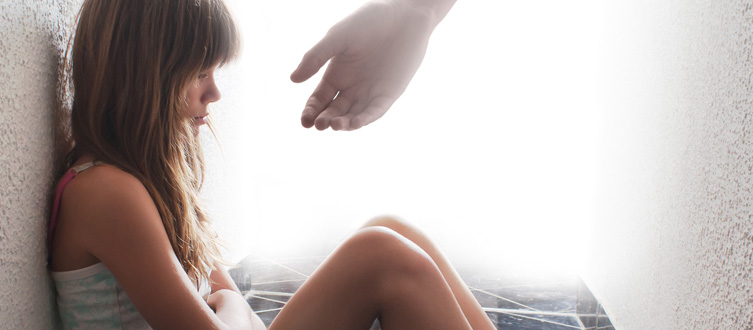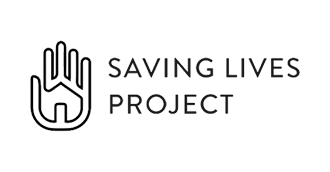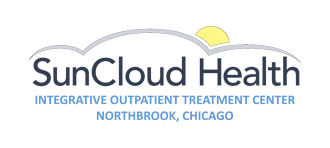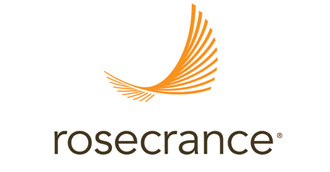Teen drug abuse rates are down, according to the latest study from the National Institute on Drug Abuse, but underage alcohol and drug use is still a serious national issue.
Kids from every walk of life experiment with drugs and alcohol. Many parents aren't equipt with the knowledge to identify this use and root it out.
Would you know if your child was using drugs? Read on to learn the signs so you can make informed decisions for your teen.
General Drug Abuse Signs
Drug abuse presents similarly in both children and adults. Their use creates profound effects on the brain that go from physical, to behavioral, and of course, psychological.
Physical Symptoms
In general, drug users tend to have irregular pupil sizes and bloodshot eyes. In addition, since their appetite and sleep patterns are likely to be altered, they may experience a sudden loss or gain of weight.
Behavioral Symptoms
People who are under the influence of drugs will suffer from poor attendance at work or school and may turn to borrowing or stealing money to support their habit. This will lead to increasingly suspicious behavior and an increase in the rate at which they get into trouble.
Psychological Symptoms
Psychological symptoms of drug abuse include changes in personality or attitude, especially ones that come on rapidly. You may also notice the person becomes more hyperactive, anxious, paranoid or lethargic than usual.
Teen Drug Abuse Signs
While there are many ways to know your child is using drugs, since they go to school, you may not be able to prevent them from getting their hands on substances. That's why it's important that you pay attention to specific hallmarks of teen drug use in other ways.
Make sure you pay attention to the kids your child is hanging around. If someone new comes into their life, and at the same time their attitude begins to shift, then you have cause for concern.
In addition, teens who are using drugs will often pick up other habits that are easier to catch onto like smoking cigarettes. Very few teenagers will agree to smoke a cigarette, but not a joint.
Identifying the Intoxicant
Not all intoxicants present with the same effects. If you know what signs to look for, then you will be able to identify exactly what substance your teen is using.
Marijuana's tell-tale signs include:
- Glassy, red eyes
- Loud talking
- Excessive laughter followed by intense sleepiness
- Loss of interest in activities
- Low motivation
- Weight changes
Stimulants effects include:
- Dilated pupils
- Hyperactivity
- Euphoria
- Irritability
- Anxiety
- Excessive talking followed by depression
- Changes in eating habits
- Dry mouth and nose
Inhalants symptoms include:
- Watery eyes
- Poor vision
- Loss of memory
- Irritation around the mouth or nose
- Excessive amounts of cans or aerosols in the trash
Hallucinogens effects include:
- Dilated pupils
- Unexplainable behavior
- Hallucinations
- Mood swings
Evidence of heroin and prescription pill use shows up through:
- Contracted pupils
- Sleeping at irregular times
- Vomiting
- Coughing
- Loss of Appetite
- Irritability
If you recognize any of the signs of teen drug abuse on this list, then you need to get help for them as soon as possible.







COMMENTS